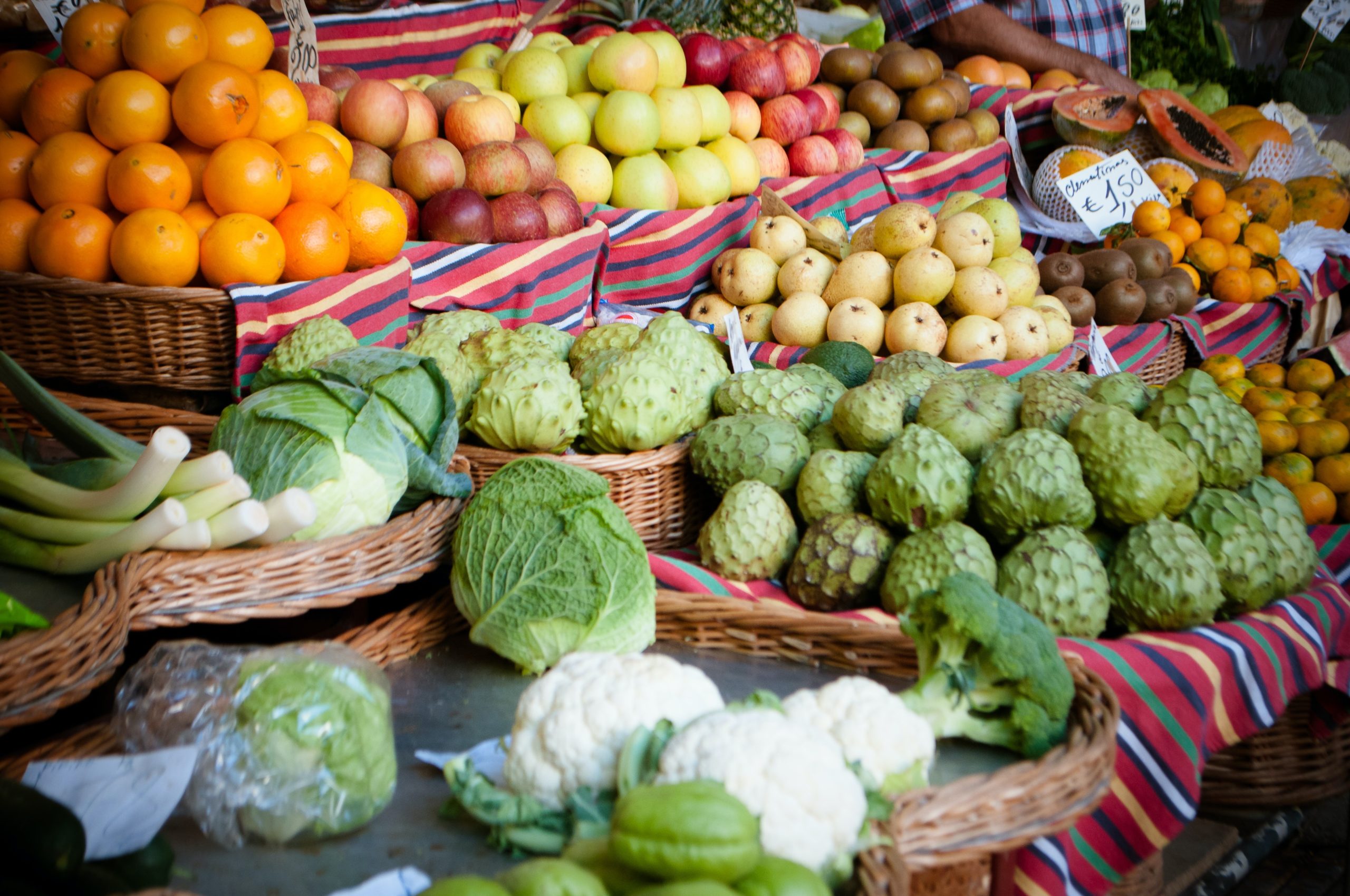The Gulf state boosted its self-sufficiency over the past years, powering through different crises.
Qatar has the capability to lead the way to achieve food security globally, Lebanon’s Minister of Agriculture Abbas Hajj Hassan said on Wednesday.
Hassan’s comments came in an interview with Doha’s state news agency (QNA) on the sidelines of the opening of the Qatar International Agricultural Exhibition (AgriteQ).
Speaking at the event, the Lebanese official praised Qatar’s efforts in boosting local production and raising its self-sufficiency.
Lebanon is among the 55 countries participating at the biggest ever edition of AgriteQ with 14 companies from Beirut sharing their expertise at the Doha Exhibition and Convention Center (DECC).
Beirut will also participate in the highly-anticipated Expo 2023 Doha, set to take place between 2 October 2023 and 28 March 2024 at Al Bidda Park.
Taking place until 19 March at DECC, Agriteq brings together 532 international companies, 152 local companies and 104 farms.
The exhibition serves as a strategic forum for exploring potential approaches for the development of Qatar’s agricultural industry.
The Gulf state has topped Arab countries in terms of food access and is ranked as the second most food secure country in the region by the Global Food Security report, published last year.
In terms of Food System and Economy Resilience Ranking, Qatar came fifth place in the Arab world, with the UAE taking the lead in the list.
In March last year, Qatar’s Hassad Food announced plans to satisfy the local market needs for grains, oilseeds and wheat under a strategic action plan to avoid any shortage in the global supply chain.
Qatar became more self-sufficient during the 2017 Gulf Cooperation Council crisis, when Saudi Arabia, Bahrain, the UAE and Egypt imposed an illegal air, land and sea blockade on Qatar.
The Gulf state relied on imported goods for more than 80% of its food prior to the political crisis. The dispute and subsequent blockade prompted authorities in Doha to provide alternative products for its population.
The International Monetary Fund (IMF) also revealed in April last year that Qatar’s real Gross Domestic Product (GDP) is expected to witness a growth rate of 3.9%.







